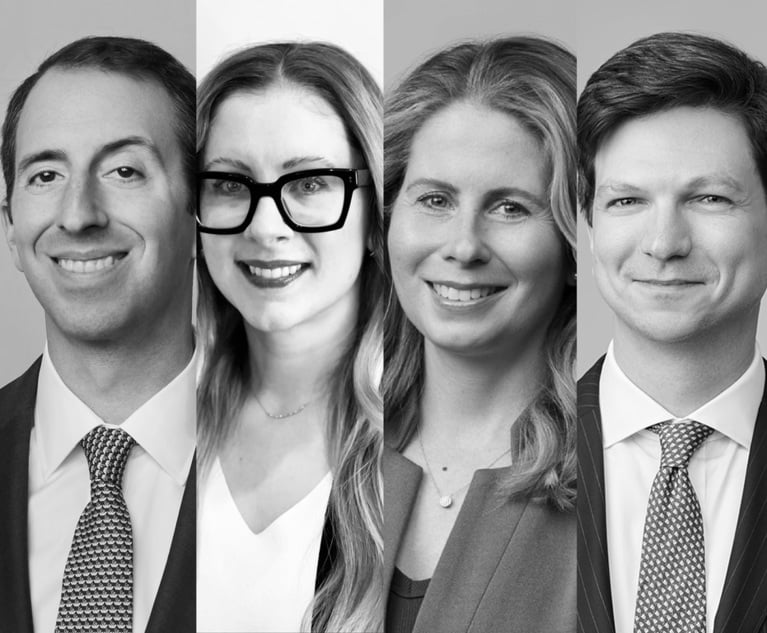SERVICE-MINDED - As we noted in this space earlier this week, law firms are beginning to warm up to the idea that not every associate wants to make partner. Meanwhile, as Law.com’s Andrew Maloney reports, firms are also realizing that not every partner wants to (or can) be a rainmaker—but that doesn’t mean they have no value. Quite the opposite, in fact. While the most sought-after laterals will probably always be the ones who bring in the business, that’s only part of the equation: there are whole armies of partners responsible for taking care of that business once it’s in the door. Industry analysts say a demand environment that’s given lawyers across the spectrum more leverage, as well as intensifying competition for talent overall, has led firms back around to recruiting more service or support partners to go along with rainmakers. “You have to recognize those team players as well. We’re seeing an increased focus on the overall team,” said Erica Bernstein, co-founder of New York recruiting firm Erica Robert Associates. Top partners generating and maintaining relationships are seeing that they can’t do it without service partners, counsel and associates. Retaining those people is making them think about mobility and flexible work schedules, in addition to compensation.
TELL YOUR FRIENDS - With the going rate for headhunter fees at around 25% of a candidate’s first-year base salary, law firms have naturally started to wonder whether there might be a cheaper way to scout talent. Like, say, using their existing talent as the scouts. Financial incentives for attorneys who secure the employment of a former colleague for their current firm have come back into vogue in 2021 as firms seek a cost-effective method of onboarding laterals with preexisting work relationships, Law.com’s Justin Henry reports. Philadelphia-based Montgomery McCracken Walker & Rhoads, for example, plans to start financially rewarding lateral attorneys who help to bring on other lawyers from their previous firms. “If an existing employee has a friend at another firm and the existing employee convinces that friend to come over to our firm, they get a ‘referral bonus,’” managing partner Steven Pachman explained. But Philadelphia-based legal recruiter Brian Levinson, a founding partner of Alevistar Legal Search, said he’s not concerned that referrals will replace recruiters as firms’ go-to method for finding talent. “Lawyers are lawyers, and recruiters are recruiters,” he said. “If lawyers are getting paid an incentive, they might be biased in who they bring over.”










